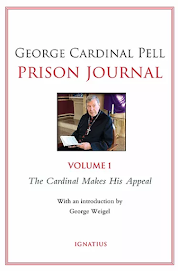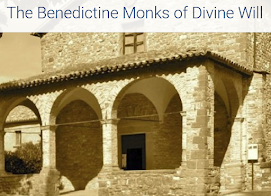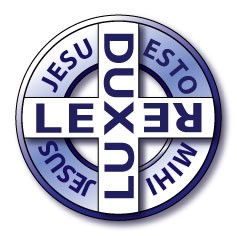 Was Christ Punished for Our Sin?
Was Christ Punished for Our Sin?
That's what the classic doctrine called "penal substitutionary
atonement" teaches. We sinned. This incurred the righteous wrath of God.
The only way to placate that wrath is to make the sinner pay the just
punishment for sin. God in Christ took that punishment on himself as our
substitute.
Despite its biblical basis (see Isaiah 53, especially "the punishment
that brought us peace was on him"), the doctrine has run into hard
times. That is due in part to how it's been perverted sometimes, so that
God punishes his Son for the sins of the world—making the Father into a
child abuser. In fact, in the biblical picture, God takes the
punishment upon himself through the Son. Still, the idea of
punishment does not sit well in the modern mind. Christ dying in our
stead so we can live eternally, yes. Christ suffering the experiential
(versus judicial) consequences of sin in our stead, yes. Christ
defeating the powers of darkness on the cross, yes. But crucifixion as punishment—that seems primitive.
Apparently, it depends on your social location. Men and women who have perpetrated horrible crimes seem to get it—and love it.
This may suggest that the different theories of atonement are not right
or wrong, but in God's providence, reflect different aspects of the
multifaceted diamond called grace.
| ||
 That Thing Candidates Do
That Thing Candidates Do
Debate
is one of the most misleading words in America today. That word is used
to describe what candidates do when they share a stage in front of TV
cameras. The word actually means "a formal discussion on a particular
topic in a public meeting or legislative assembly, in which opposing
arguments are put forward." Not a raucous gathering where grown men hurl
insults at one another. This is one reason this author suggests banning political debates, at least for the primaries.
| ||
 What Nothing Sounds Like
What Nothing Sounds Like
This TED video,
featuring comedian Will Stephen, purports to be about nothing. It's
actually a satire on oral communication today, especially at venues like
TED. Back in the day, Marshall McLuhan famously said, "The medium is
the message." And while that is not always or completely true, it's
truer than we like to believe. If a speaker uses these common rhetorical
devices, we're more likely to be sympathetic. We're more likely to like
him and call his talk memorable—even when we can't quite remember the
content of his talk.
| ||
Worth noting...
- My latest attempt to put the election in evangelical perspective.
- Andy Stanley explains why he called some parents selfish if they don't attend a megachurch.
- Leith Anderson and Ed Stetzer introduce a new way to define evangelical,
which hopefully will lead to less confusion about how the media use the
term (which is wrong over half the time, in my anecdotal experience).
| ||
Grace and peace,
| ||
| ||
Friday, March 11, 2016
Was Christ Punished for Our Sin?
Subscribe to:
Post Comments (Atom)























No comments:
Post a Comment